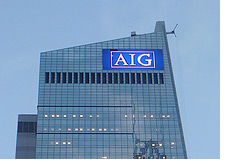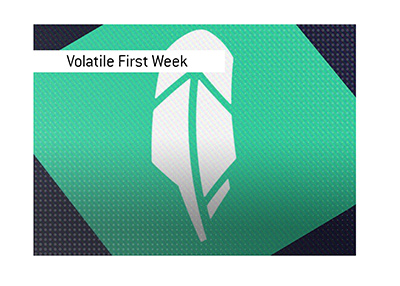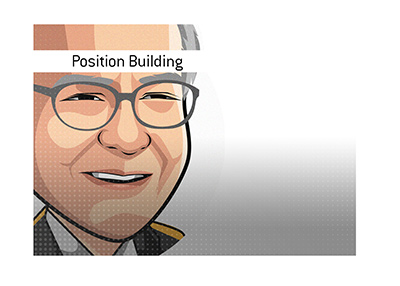Certain AIG Executives Will Be Exempt From $500,000 Salary Cap
 Kenneth Feinberg, who is the Obama administration's "special master for executive compensation", will reportedly exempt certain AIG executives from a $500,000 per year salary cap, according to Bloomberg.com.
Kenneth Feinberg, who is the Obama administration's "special master for executive compensation", will reportedly exempt certain AIG executives from a $500,000 per year salary cap, according to Bloomberg.com. Earlier this week, multiple news organizations reported that five high-ranking AIG executives had threatened to quit if their compensation packages were cut "significantly". These five executives reportedly included Anastasia Kelly, Rodney Martin, William Dooley, Nicholas Walsh and John Doyle.
According to Marketwatch.com, Anastasia Kelly spearheaded the effort. The five executives threatened that they were "willing to leave by the end of 2009" if their compensation packages were cut substantially.
Feinberg had already cut the compensation packages for AIG's top 13 employees in October (by an average of 57%), and was set to rule on the next 75 highest-ranking employees at AIG over the coming weeks. This group included the five executives who were threatening to quit (it should be noted that Walsh and Doyle withdrew their threats this past weekend).
Mr. Feinberg had previously stated that executive salaries at AIG wouldn't exceed $500,000 per year unless there was "good cause" to pay more.
According to "a person close to Feinberg", the salary cap exemptions are said to be unrelated to the recent threats to resign.
The executive compensation issue has been an especially sensitive one at AIG, due to the fact that the federal government extended AIG an aid package worth more than $180 billion dollars.
As of the end of September, AIG had tapped more than $122 billion dollars of this aid, and owed the government over $85 billion dollars in loans.
AIG nearly collapsed during the financial meltdown of 2008 and was eventually rescued by the federal government.
The basic question at the heart of the debate regarding executive compensation at bailed-out companies is: will imposing caps on salary drive talented people away from companies that owe the federal government substantial sums of money, and if so, will this negatively impact the ability for these companies to pay back their loans to the government (and by extension, the American taxpayer)?
More questions:
1. Did Feinberg's decision really have nothing to do with the threats received from the five AIG executives?
2. How will the public react to this decision?
On one hand, it's pretty easy to advocate extremely slimmed-down compensation packages for AIG executives. After all, the company was offered over $180 billion dollars worth of total government aid.
On the other hand, what happens if there is an exodus from the company due to reduced compensation packages? What happens if it becomes nearly impossible to hire new executives (Bank of America has recently run into this problem in their search for a new CEO). What happens if the company becomes less competitive, therefore making it less likely to return all of the money that it owes to the government?
Interesting development..
Source: Bloomberg.com - Feinberg Said to Lift $500,000 Salary Limit for AIG Executives
Photo: jdiggan
Filed under: General Market News



